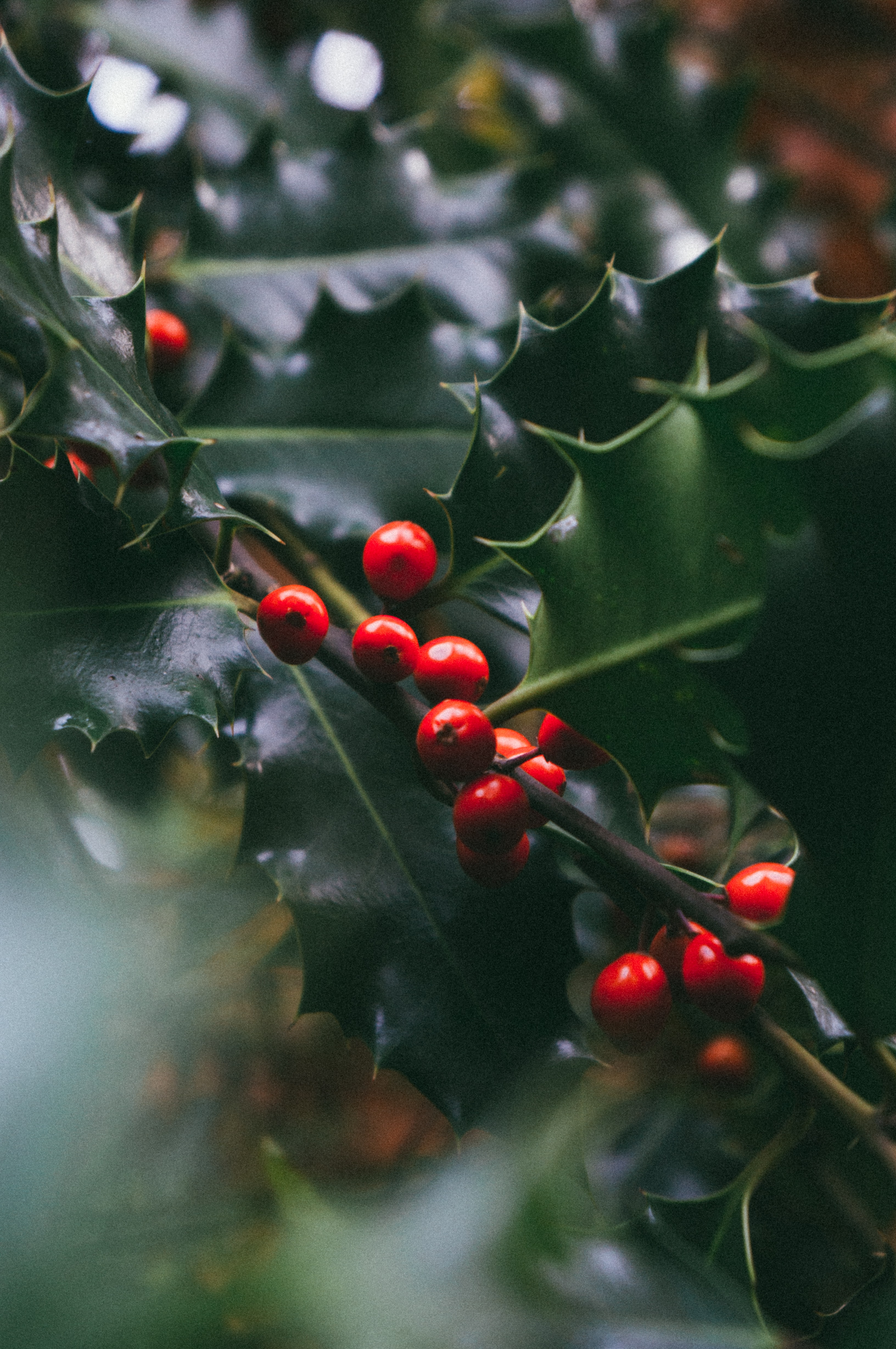
Herbal Hyperthermia Treatment for Cancer
Suzanne Somers brought Iscador or Mistletoe Extract to light when she used it to cure breast cancer naturally. It is one of the most widely prescribed and extensively studied alternative medicines for cancer. Mistletoe extract has been shown to cause tumor regression as a natural stand-alone treatment, though some patients have used it as an adjuvant treatment to enhance their overall quality of life and general health while undergoing conventional cancer treatments such as chemo and radiation. The herb induces high fever, which by itself can cause cancer cells to die; the exact mechanisms by which mistletoe acts to cure cancer are not fully understood, but the high fever that this remedy induces likely plays a role in the plant's ability to cure disease.German New Medicine is a method used to cure cancer that directly acknowledges the role of trauma in cancer development. According to this system, there is a hot and cold phase to healing. Mistletoe is an herb that induces fever to spur what is considered the hot phase of healing in German New Medicine. Click here to read more about German New Medicine for cancer. Heat and fevers are often associated with integration of trauma (which is essentially equivalent to releasing trauma).
We also discuss the relationship between trauma and disease more in this article about Ayahuasca for cancer treatment.
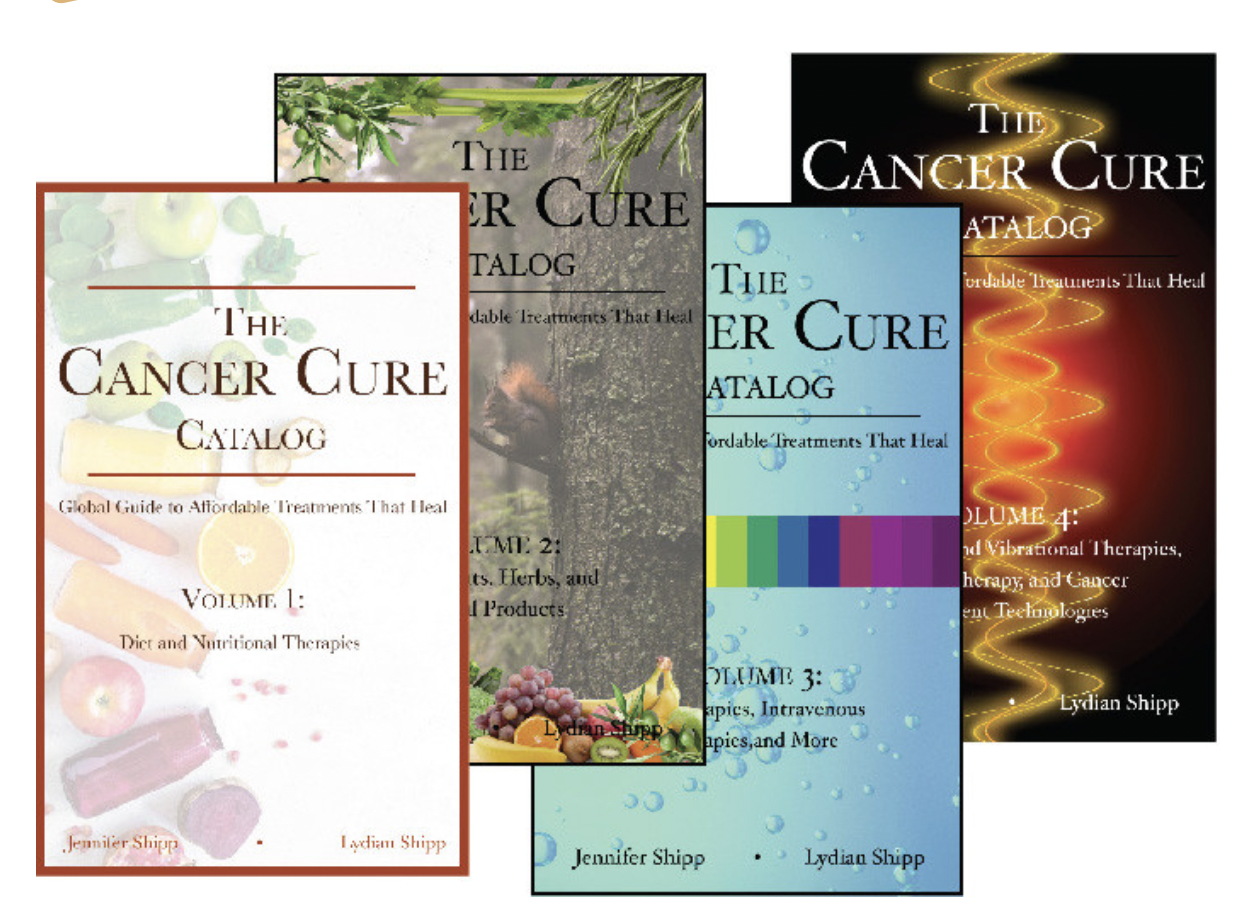
Click here to buy the 4 volume Cancer Cure Catalog series.
Detailed Introduction
Suzanne Somers made mistletoe famous in the United States when she used the herb to specifically cure breast cancer, but other forms of cancer would also respond to this type of therapy. Below, we include a list of other cancers and other major diseases that have been treated successfully with mistletoe.Mistletoe (Viscum album) is a vining plant that grows on certain types of trees. It is one of the most widely studied and widely prescribed herbal medicine therapies for cancer, particularly in Europe. European mistletoe grows throughout continental Europe, the United Kingdom and western Asia, and has a long history of use as a medicinal plant. Celtic druids used mistletoe more than 2,000 years ago as an herbal remedy for all kinds of diseases. In the early 1900’s, Rudolf Steiner, an alternative medicine practitioner, and Dr. Ita Wegman began to use mistletoe more regularly in their practices as an herbal remedy for cancer, thus popularizing the plant for this purpose. In addition to being used to cure cancer naturally, mistletoe has also been used to cure the following other diseases and health problems:
- Insomnia and sleep disorders
- Anxiety / Depression
- High cortisol levels
- Hypertension / High blood pressure (mistletoe is a hypotensive)
- Poor circulation
- Coronary heart disease prevention
- Stroke prevention
- Bacterial infection
- Viral infection
- Bronchial tube irritation
- Respiratory disorders
- Asthma (mistletoe may be able to help relieve wheezing and panic caused by asthma attacks)
- Skin disorders (when the berries are used topically)
Some integrative cancer experts believe that mistletoe treatment is an essential part of curing cancer because it not only can causes tumor regression, but also enhances the patient’s quality of life as they are going through conventional medical treatments like chemotherapy or radiation (if this is the path that they've chosen to follow; mistletoe can also enhance the effects of other natural cancer treatments). Not only does mistletoe improve overall health for cancer patients, but research has in fact shown that mistletoe extracts are able to directly kill carcinoma cells (cancer that arises from the lining of internal organs). The herb induces a fever and some patients who refuse conventional treatments such as chemotherapy, radiation, and surgery combine high-dose mistletoe extract treatments with hyperthermia treatments to successfully overcome cancer without chemo or radiation.
Click here to learn more and subscribe to the Living Database now.
Politics
Mistletoe extract has not been FDA-approved in the US as a treatment for cancer or any other medical condition. While medical doctors in Europe regularly prescribe mistletoe extract as an herbal remedy for cancer, the FDA claims that clinical trials have major weaknesses, and thus, mistletoe extract can't be prescribed by American doctors to their patients. It is hard to say whether the weaknesses were actually caused by FDA appointed researchers / underlings of the pharmaceutical companies or whether the weaknesses came from another source. The FDA often uses unseemly tactics to purposely botch research studies that have to do with alternative or integrative cancer treatments, particularly those treatments that cannot be patented and therefore are not profitable. Treatments like mistletoe extract that may in any way undermine the profitability of the cancer industry are generally stone-walled when they begin clinical trials to get approval for use as a cancer treatment through falsified research results that say that the treatment is dangerous or that it doesn't work.A 2009 scientific review of 49 different studies of mistletoe extract led researchers to conclude that mistletoe extracts boost cancer patient survival rates. According to the researchers,
“The majority of studies reported positive effects in favour of the Iscador application”.
These researchers carefully vetted out the research to include studies that provided scientifically reliable and valid results. Still, the FDA claims that all 49 of these studies contain weaknesses that render them useless.
Most research studies examine the value of mistletoe extract in tandem with conventional treatments such as chemotherapy, radiation, and surgery. By combining mistletoe extract with conventional medicine it is scientifically more difficult to know the actual therapeutic value of this herbal medicine. By using Iscador with conventional strategies, large organizations and the pharmaceutical industry can prevent patients from realizing the potential value of this herbal remedy for cancer.
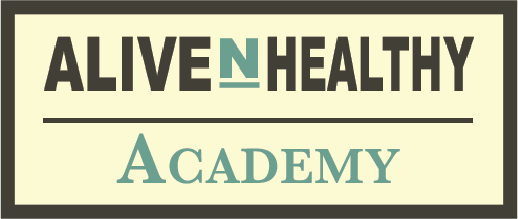
Click here to do our 1 hour QUICK START VIDEO COURSE TO CURING CANCER AT HOME.
Safety and Effectiveness
As mentioned above, a review of the scientific literature on mistletoe extract that included 49 different studies led researchers to conclude that mistletoe extracts increase cancer survival rates. In one specific study, researchers observed a highly significant benefit for pancreatic cancer patients taking mistletoe extract. A variety of other cancer types have also responded positively to the use of mistletoe extract, including:- Cutaneous B-Cell Lymphoma
- Merkel Cell Cancer (a rare and aggressive neuroendocrine cancer of the skin)
- Breast Cancer
- Malignant Melanoma
- Liver Cancer
- Adenoid Cystic Carcinoma
- Cutaneous Squamous Cell Carcinoma
Mistletoe extracts contain the following biologically active compounds:
- Lectins
- Viscotoxins
- Oligo-saccharides
- Polysaccharides
- Triterpene acids
- Tyramine
- β-phenylethylamine
The extracts of Viscum album are cytotoxic and have the ability to induce apoptosis in cancer cells while stimulating the immune system. This medicine is quite capable of curing cancer all by itself, but can be used with other natural medicines to enhance its efficacy and to ensure that he cancer doesn't return. When used in combination with chemotherapy agents, mistletoe extracts can increase the cytotoxicity of those drugs, thus making it possible for patients to use fewer chemotherapy drugs in order to achieve the same results. DMSO potentiation therapy works similarly and may be another good option for cancer patients who are looking for a middle ground between using alternative medicine to cure cancer and following the conventional chemotherapy/radiation route.
Click here to read more about facilities that treat cancer without chemo or radiation.

The dose of mistletoe extract administered is an important aspect of this cancer cure. When the goal is to actually reduce tumor growth (as opposed to just quality of life improvement), high-dose injections of mistletoe extract are used. In one study, dosages of up to 1500 mg were administered in humans and of up to 1400 mg/kg in animals. The researchers saw no immune system suppression at these high therapeutic doses, meaning that the patients’ immune systems continued to function appropriately. Some patients experienced mild flu-like symptoms, including the following (which are likely indicative of a detoxification reaction):
- Fever
- Skin reactions at the site of injection
- Occasional allergic reactions
- Reversible toxicity to the liver
Researchers have concluded that high-dose mistletoe extract therapy is generally low-risk, but should be monitored by experienced clinicians. Patients who are taking MAOI drugs, such as antidepressants or sacred indigenous medicines like Ayahuasca, should avoid using mistletoe until they've stopped taking the medication. Children and pregnant women should also not take mistletoe for cancer.
Lugol’s iodine, vitamin K2, the Budwig Smoothie, red clover (Trifolium pratense), and burdock root (Arctium lappa) are all powerful and effective treatments for cancer that can be used safely in children and pregnant/breastfeeding women.
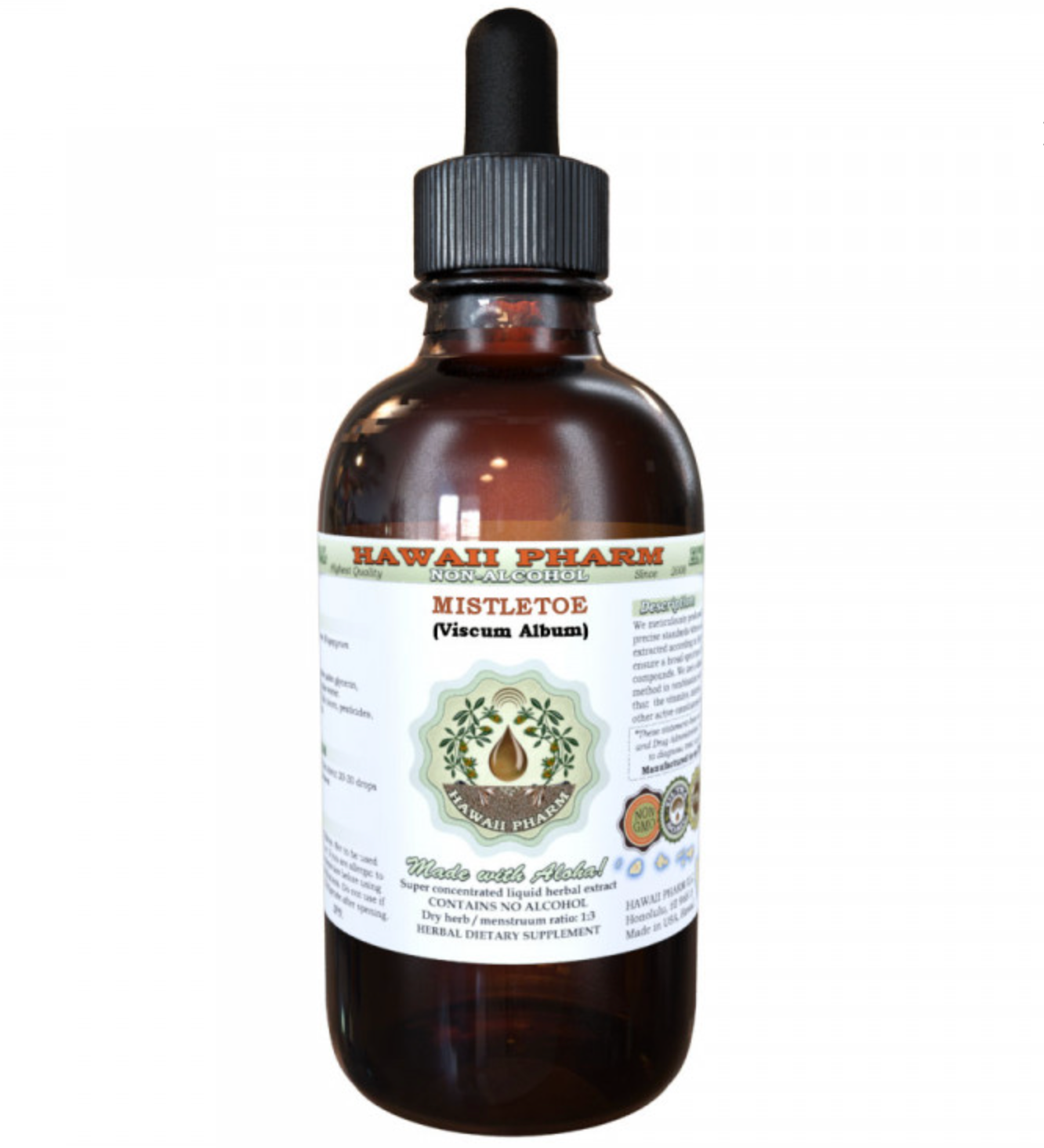
Click here to buy Hawaii Pharm's Mistletoe tincture.
How Mistletoe Is Administered
Mistletoe extract is typically administered in low doses via injection under the skin (subcutaneously) or intravenously (into a vein). It may also be injected into the pleural cavity around the lungs. In some cases, it can be injected directly into a tumor (intratumoral). Low doses of the extract may be used until the patient develops a tolerance to the medicine and its lectin content.In one case report, two patients with cutaneous B-cell lymphoma received high-doses of mistletoe extract. The extract was administered intratumorally, subcutaneously, and intravenously. One patient also underwent whole-body hyperthermia in addition to the mistletoe treatments. Both patients went into remission over the course of 12 months, and neither patient had received conventional cancer treatments. As an herbal remedy for B-cell lymphoma, mistletoe extract could be combined with baking soda therapy to enhance its efficacy; baking soda therapy is a form of high-pH therapy for cancer. Based on the results of this case report and the efficacy of high pH therapy for cancer, it’s reasonable to assume that this natural treatment combination would be a fast and highly effective treatment option.
Click here to learn more about the use of baking soda for B-cell lymphoma here.
Two other cancer patients in another case report, received mistletoe extract after declining conventional treatments that included surgery, chemo, and radiation. Once again, the mistletoe extract was administered intratumorally, subcutaneously, and intravenously in high-doses. Both patients went into remission. One of them went into remission within 4 months after beginning treatment, while the other went into remission 31 months after beginning treatment.
Another case study reports that a 68-year old man was given low-dose mistletoe therapy after surgical removal of malignant melanoma. The melanoma had spread to his liver and lymphatic system. He refused chemotherapy and radiation treatment and achieved complete remission using only mistletoe as an herbal cure for cancer.
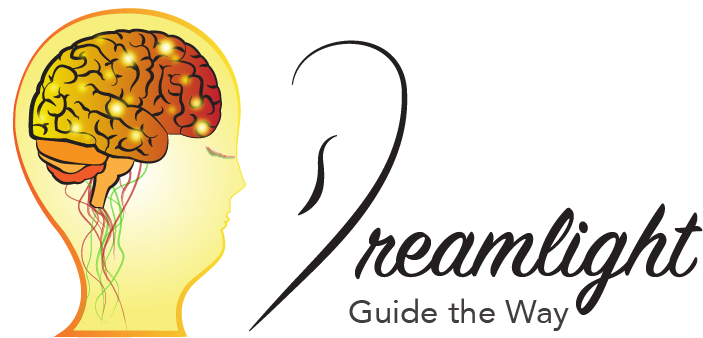
Click here to learn more about the DreamLight.app, a guided meditation and brain-entrainment tool that enlists the mind and spirit in the healing process to overcome cancer naturally.
Possible Negative Effects
Very few side effects have been reported in response to the use of mistletoe. At high doses, patients may experience a fever and flu-like symptoms.Other Important Information
Mistletoe extract preparations differ in terms of their ability to stimulate the immune system and apoptosis.Resources:
[18] Indigo Herbs (n.d). Mistletoe Benefits. Retrieved March 16, 2023 from: https://www.indigo-herbs.co.uk/natural-health-guide/benefits/mistletoe

















